The views expressed in our content reflect individual perspectives and do not represent the authoritative views of the Baha'i Faith.
What is power without love? What is love without power?
Quotes from Dr. Martin Luther King Jr. and the Baha’i writings prompted me to ask myself the above questions after exploring the relationship between love and power during the Africana Discourse on Social Transformation seminar at the 48th Annual Association for Baha’i Studies Conference.
Our discourse gave me a new understanding of love and power and the intricate balance they must have to foster just relationships and drive meaningful change.
Baha’i and MLK Quotes on Power Without Love
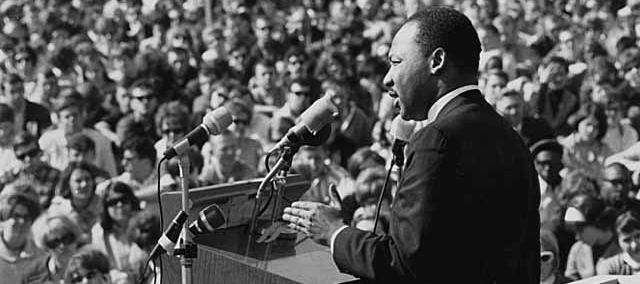
In a 2013 letter to the Baha’is of Iran, the Universal House of Justice, the global governing body of the Baha’i Faith, wrote:
Clearly the concept of power as a means of domination, with the accompanying notions of contest, contention, division and superiority, must be left behind.
Similarly, in his 1968 book “Where Do We Go From Here: Chaos or Community?”, Dr. Martin Luther King Jr. described this concept of “power without love” as “reckless and abusive.”
As I reflected on this, I thought of how power can be reflected in many different forms — financially, physically, emotionally, verbally, socially, and psychologically. The misuse of these forms of power corresponds to specific types of abuse: financial abuse, physical abuse, emotional abuse, verbal abuse, social abuse, and psychological abuse. This “reckless and abusive” power is not only enforced in interpersonal relationships, but also within systems and institutions.
Dr. King continued, “There is nothing essentially wrong with power. The problem is that in America power is unequally distributed. This has led Negro Americans in the past to seek their goals through love and moral suasion devoid of power and white Americans to seek their goals through power devoid of love and conscience. …It is precisely this collision of immoral power with powerless morality which constitutes the major crisis of our times.”
This, then, is power without love — reckless, abusive, immoral, dominating, and divisive. So, what is love without power?
MLK and Baha’i Quotes on Love Without Power
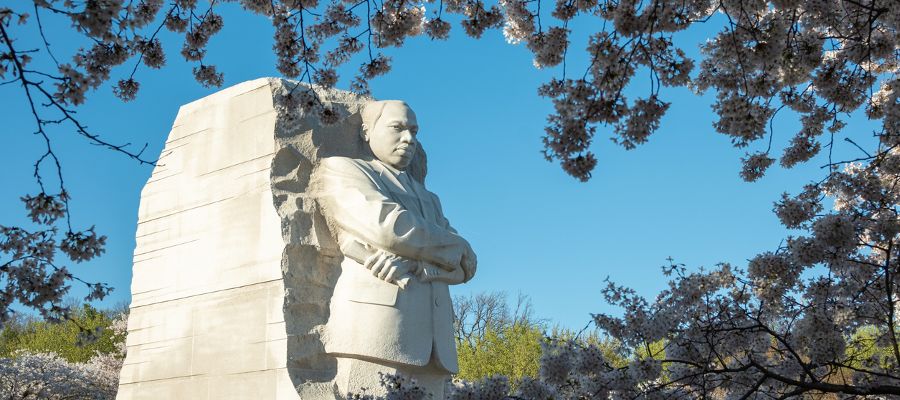
Dr. Martin Luther King Jr. stated that “love without power is sentimental and anemic,” meaning it’s a love that lacks substance, depth, vitality, and spirit. It’s a concept of love that is characterized by a superficial connection, lackluster interest, empty promises, and meaningless words that don’t lead to action.
As Abdu’l-Baha, one of the central figures of the Baha’i Faith, said at a talk in Paris in 1911:
If I love you, I need not continually speak of my love—you will know without any words. On the other hand if I love you not, that also will you know—and you would not believe me, were I to tell you in a thousand words, that I loved you.
You want what’s best for people that you truly love. You nurture, encourage, safeguard, protect, and care for them.
Dr. King explained, “Power at its best is love implementing the demands of justice. Justice at its best is love correcting everything that stands against love.”
From a Baha’i perspective, this power that is needed in love is associated with the “powers of the human spirit that the Bahá’í Faith—for that matter, every great religious tradition that has appeared throughout the ages—hopes to tap: the power of unity, of love, of humble service, of pure deeds.”
The Universal House of Justice elaborated:
Associated with power in this sense are words such as ‘release’, ‘encourage’, ‘channel’, ‘guide’ and ‘enable’. Power is not a finite entity which is to be ‘seized’ and ‘jealously guarded’; it constitutes a limitless capacity to transform that resides in the human race as a body.
When we experience love in its purest and divine form, we understand that love is the greatest power. The Baha’i writings say:
Love gives life to the lifeless. Love lights a flame in the heart that is cold. Love brings hope to the hopeless and gladdens the hearts of the sorrowful. In the world of existence there is indeed no greater power than the power of love.
Truly, both love and power are essential for creating a just, united, and thriving society. As Dr. Martin Luther King Jr. and the Baha’i teachings remind us, power without love is dominating and abusive, and love without power is anemic and superficial. However, when we combine true love with the powers of the human spirit, we can enkindle ourselves and illuminate the world.
In our personal lives and within the wider society, we are called to cultivate a love that empowers and a power that loves. As we move forward on our path to personal and global transformation, let’s remember that the greatest power we can ever wield is love, and it is through this love that we can build a world where justice and peace prevail.


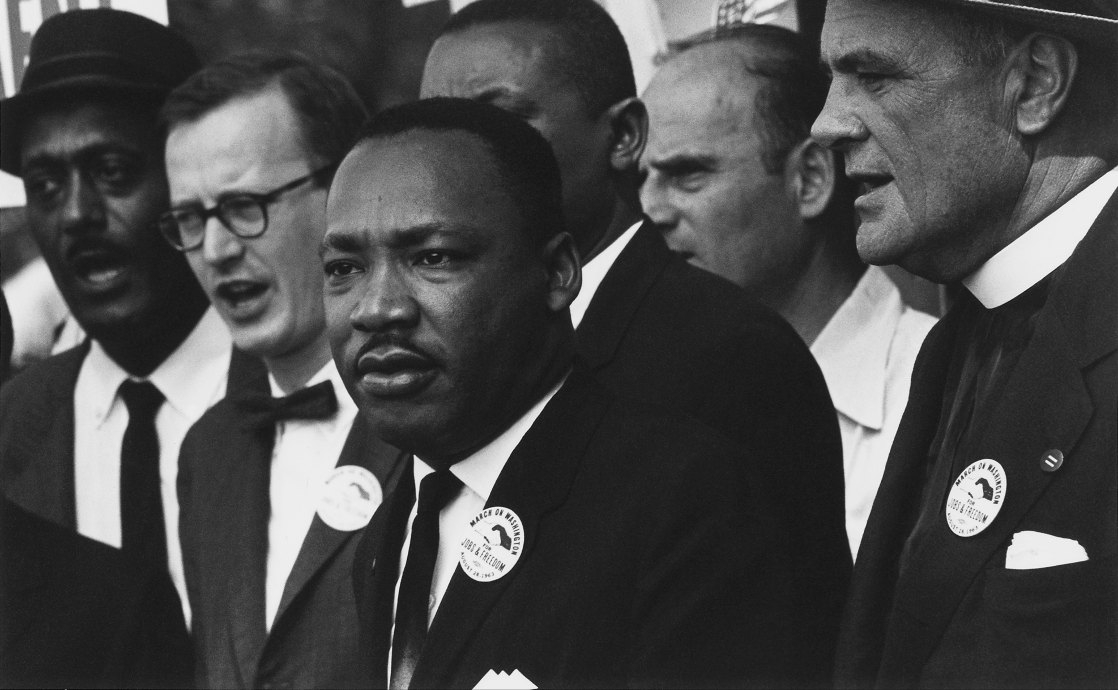

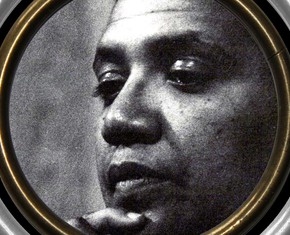

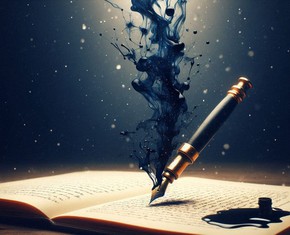









Comments
Sign in or create an account
Continue with Googleor